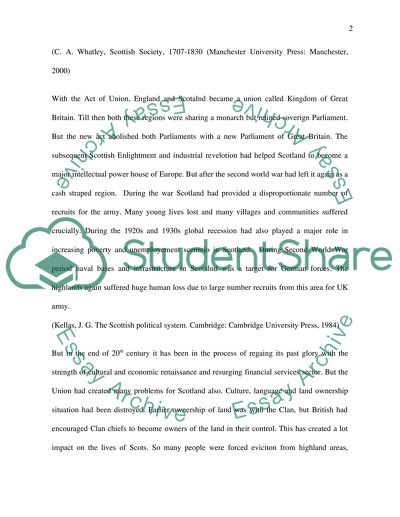Cite this document
(“The alternative existence system for Scotland Essay”, n.d.)
Retrieved de https://studentshare.org/miscellaneous/1515741-the-alternative-existence-system-for-scotland
Retrieved de https://studentshare.org/miscellaneous/1515741-the-alternative-existence-system-for-scotland
(The Alternative Existence System for Scotland Essay)
https://studentshare.org/miscellaneous/1515741-the-alternative-existence-system-for-scotland.
https://studentshare.org/miscellaneous/1515741-the-alternative-existence-system-for-scotland.
“The Alternative Existence System for Scotland Essay”, n.d. https://studentshare.org/miscellaneous/1515741-the-alternative-existence-system-for-scotland.


